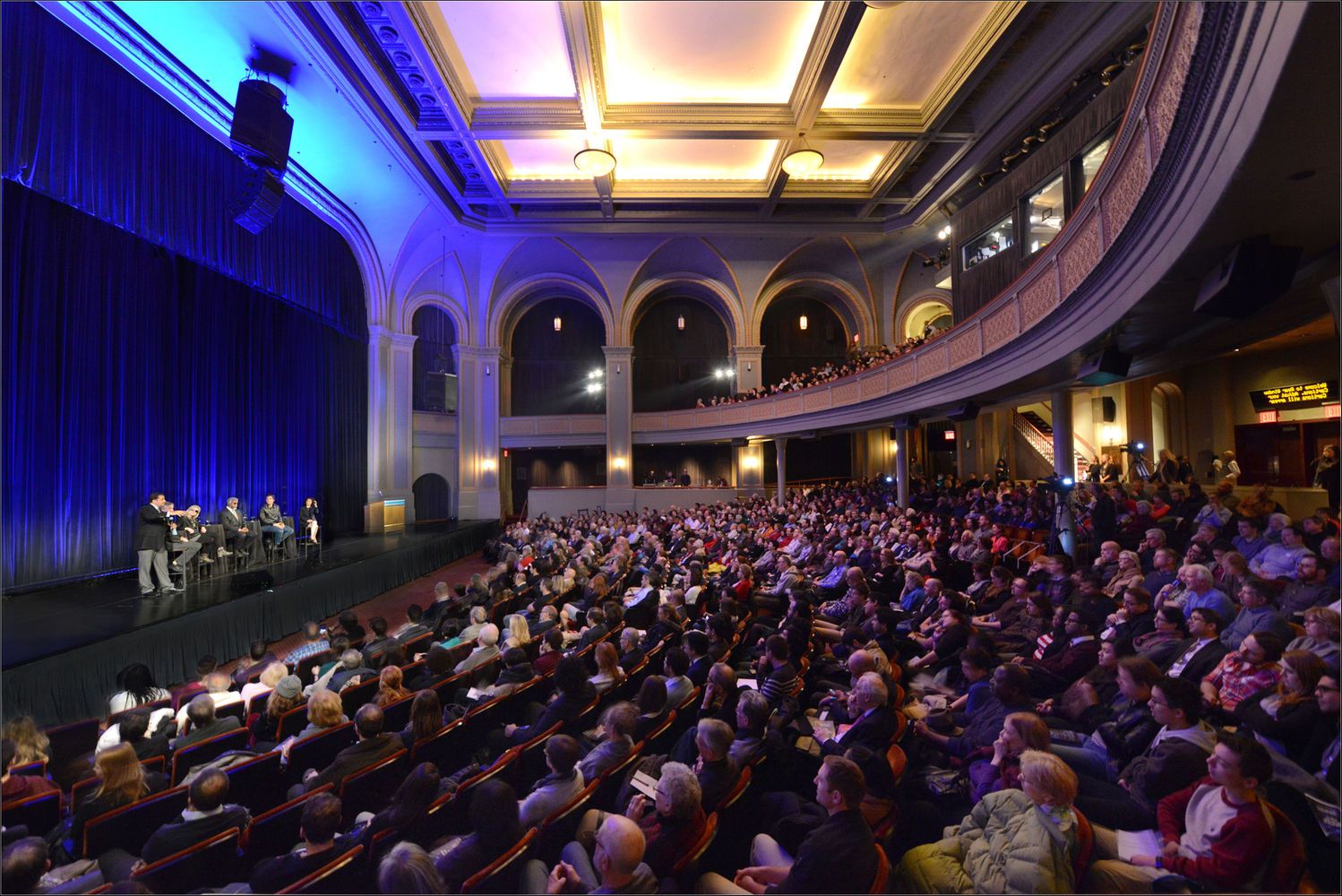Hmm… That would explain Alzheimer disease — It’d be like some sort of unabashedly evil version of a smart phone data caps!
Or not.
wink
NEW YORK — Is the universe just an enormous, fantastically complex simulation? If so, how could we find out, and what would that knowledge mean for humanity?
These were the big questions that a group of scientists, as well as one philosopher, tackled on April 5 during the 17th annual Isaac Asimov Debate here at the American Museum of Natural History. The event honors Asimov, the visionary science-fiction writer, by inviting experts in diverse fields to discuss pressing questions on the scientific frontiers.
Neil deGrasse Tyson, director of the museum’s Hayden Planetarium and host of this year’s event, invited five intellectuals to the stage to share their unique perspectives on the problem: Zohreh Davoudi, a nuclear physicist at the Massachusetts Institute of Technology (MIT); Max Tegmark, a cosmologist at MIT whose recent book probes the universe as mathematics; James Gates, a physicist at the University of Maryland who discovered strange, error-correcting codes deep in the equations of supersymmetry; Lisa Randall, a physicist at Harvard University who thinks the simulation question is more or less irrelevant; and David Chalmers, a philosopher at New York University who regularly questions the reality that conscious minds perceive. [7 Surprising Things About the Universe].










Comments are closed.